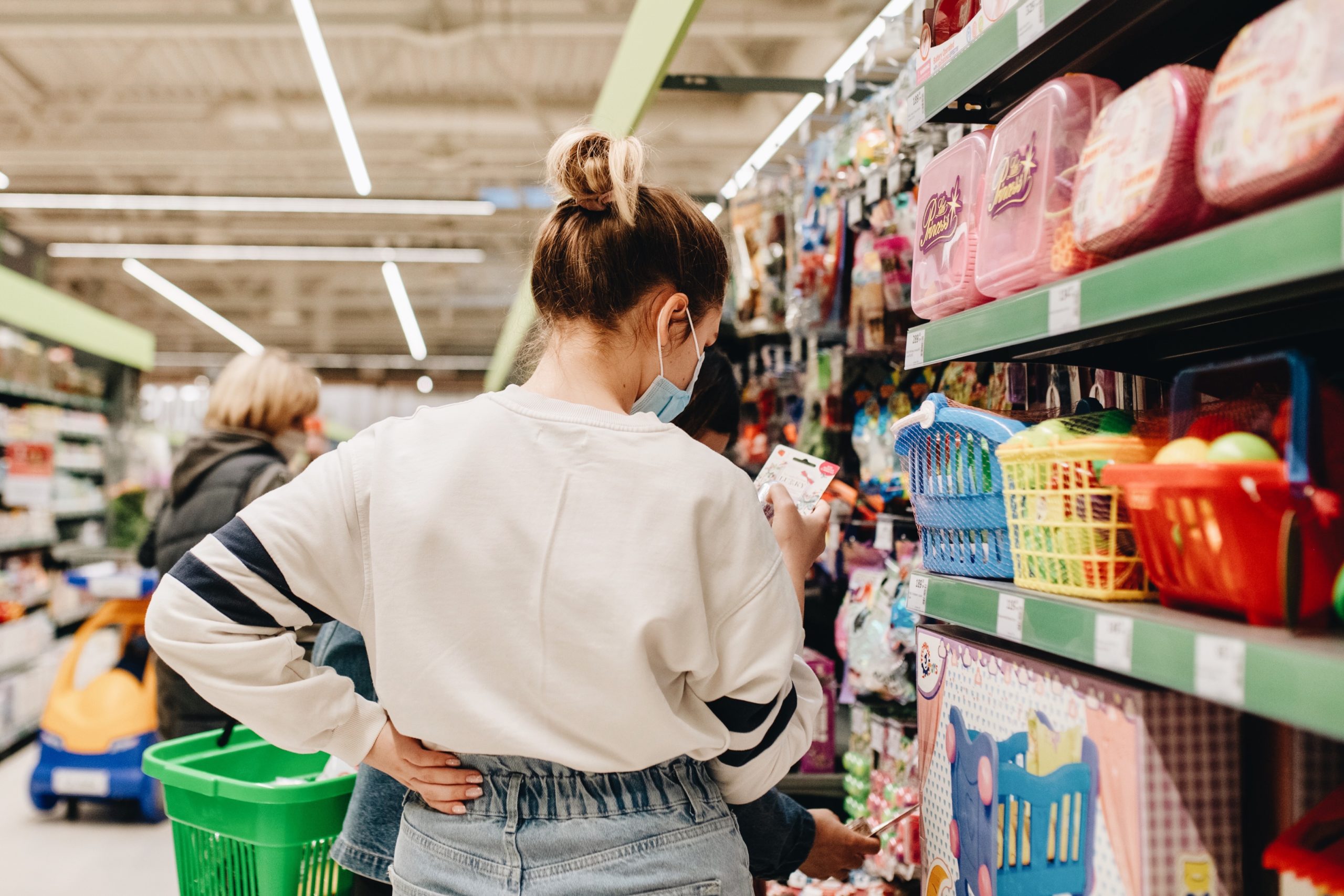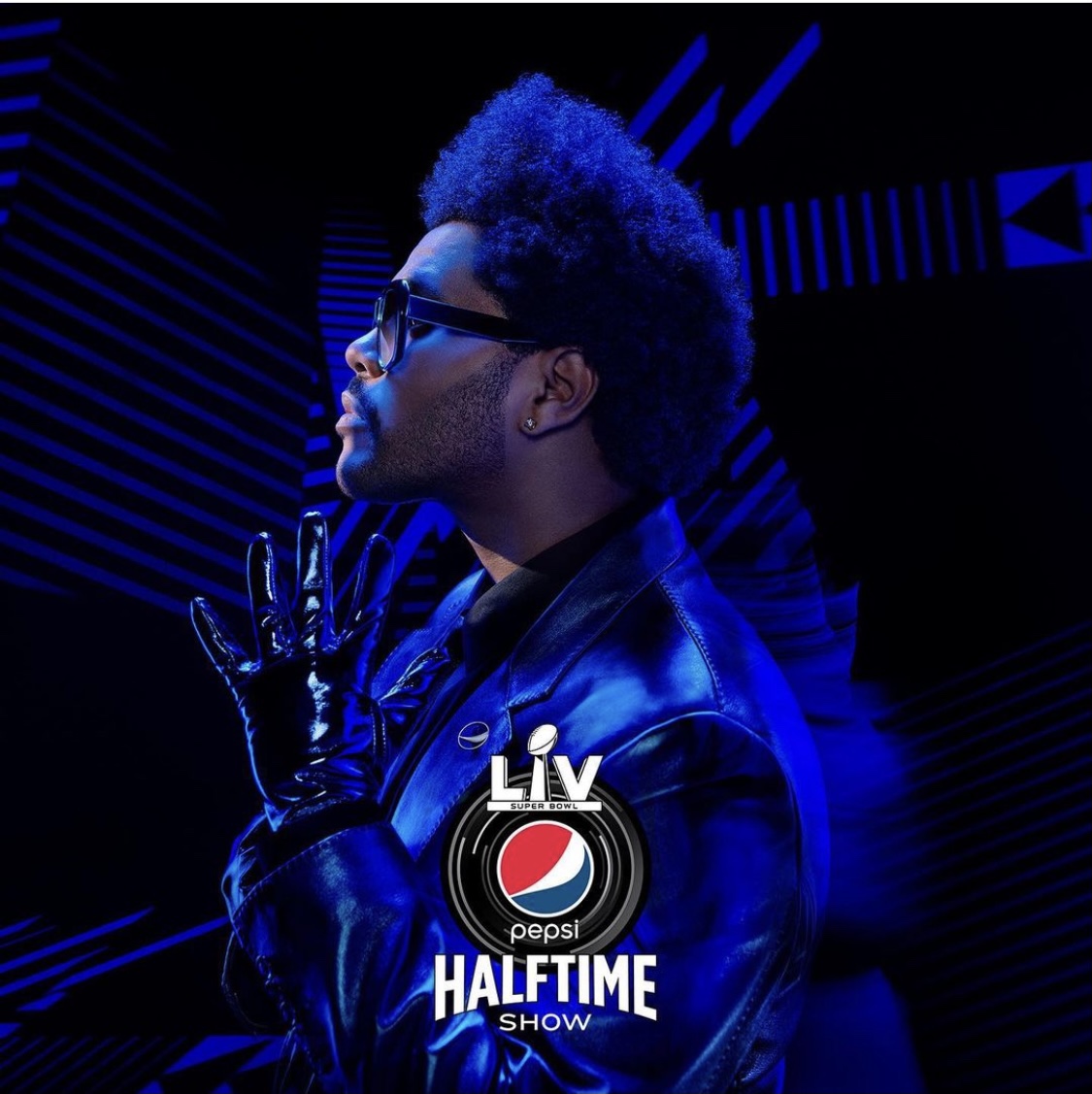Experts are predicting another round of store shortages in the next coming months as shoppers start to stock up on a variety of products as coronavirus infections rates continue to increase in the U.S.
Mike Brackett, founder and CEO of Centricity Incorporated, told ‘Good Morning America,’ “We absolutely are starting to see shortages again.”
Earlier this year, during the initial coronavirus outbreak, grocery stores placed product purchase limits on everything from toilet paper to disinfectant wipes after demand widely impacted supply chains.
This past Monday, Kroger announced that it would limit its purchases to two per customer for toilet paper, paper towels, disinfecting wipes, and hand soap.
Another grocery store chain, H-E-B, made the same announcement on similar items as well as rubbing alcohol, hydrogen peroxide, first aid, and cleaning gloves.
“We think that there’s going to be a lot of limits,” Brackett said of the early retail restrictions to “hopefully help mitigate” shortages and prevent “stockpiling that we saw before.”
Last week, Clorox announced that it is “still not at a point where we can fully meet ongoing elevated demand.”
Clorox predicted that the shortages will continue through the end of the year due to the high demand for the products throughout the pandemic.
Ahead of the winter and holidays, experts have already seen high demand for different products than just those staple items.
“You have this perfect storm now where America’s supply chains are still recovering from the first wave of panic buying,” Brackett said. “And now you have the largest selling season of the entire year on top of that.”
While it’s unclear if they’ll see shortages, experts have seen a surge in holiday items and nonperishables like boxed stuffing and canned goods.
Spices are also a more in-demand product now that more people are continuing to stay home and cook in their own kitchens.
“The spice category has absolutely gone through the roof. So we believe that during this pandemic, there’s been a totally different buying pattern and a generation that started to cook a lot more than they used to due to necessity,” Brackett explained.
Experts said it’s important to focus on nonperishables and frozen items without panic buying.
This time around, retailers are more prepared. The staple items that are in demand should be more available during this coronavirus surge.



